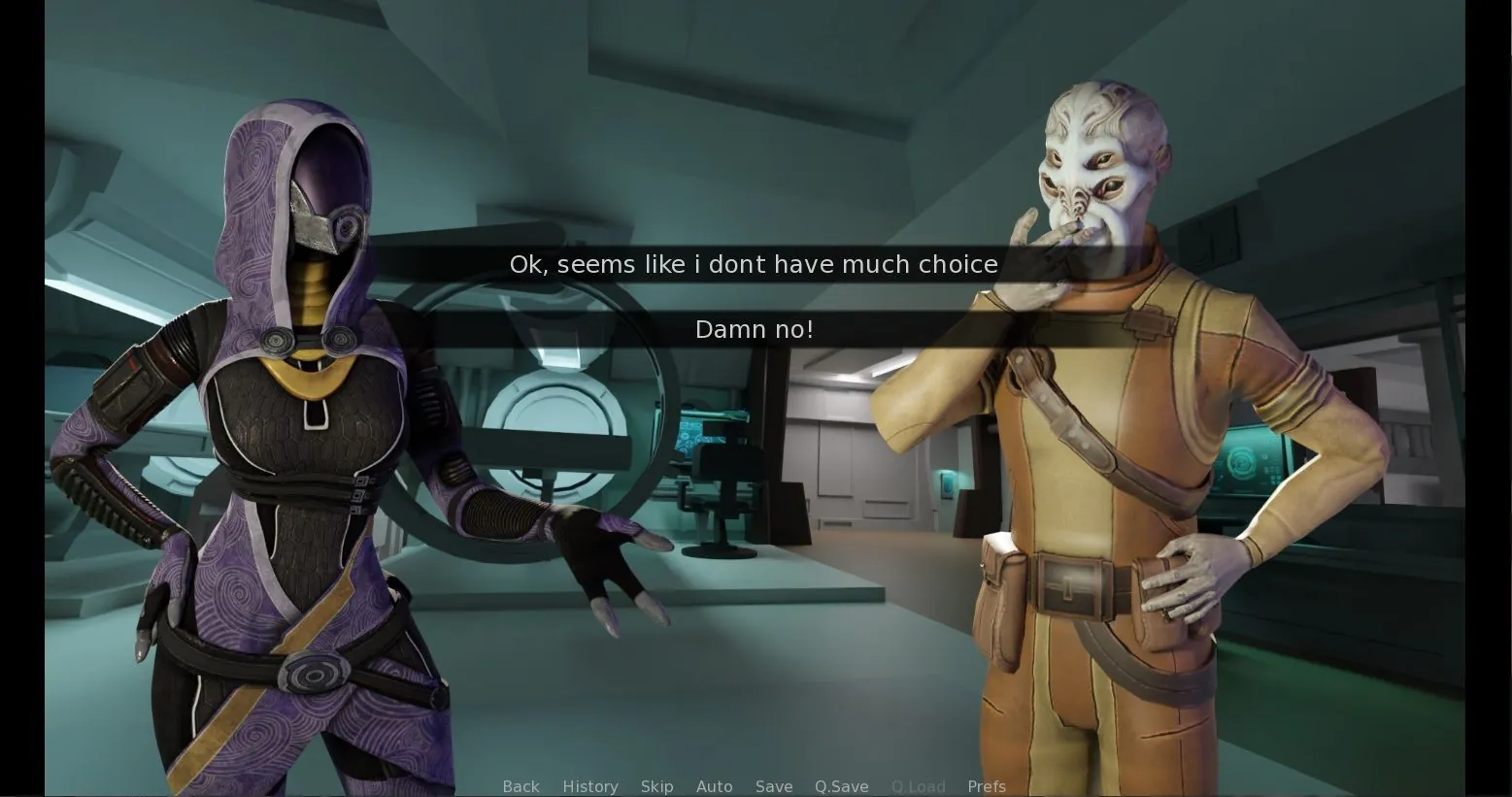
Simple Days
Play Simple Days
Simple Days review
Mastering Character Paths and Gameplay Mechanics in This Narrative-Driven Experience
Simple Days has emerged as a standout title in interactive storytelling, blending suburban drama with player-driven choices. This guide examines its unique approach to character relationships and consequence-based progression. We’ll explore how its branching narratives create personalized experiences while maintaining compelling dramatic tension.
Core Gameplay Mechanics and Narrative Structure
Branching Narrative Design Philosophy
Ever restarted a game because your impulsive dialogue choice turned your sweetheart into a sworn enemy? 😅 Simple Days gets it. This isn’t just about picking “nice” or “mean” responses—it’s about interactive storytelling that treats your decisions like live grenades. The game’s branching narrative design philosophy ensures every choice ripples through relationships, career paths, and even your virtual bank account.
Take the infamous “Coffee Shop Incident” (my personal disaster). I chose to flirt with the barista instead of comforting my stressed partner. Result? A shattered relationship meter, a three-day in-game cold shoulder, and a 20% discount on lattes. 🫖 The consequence system here doesn’t play favorites—it remembers everything.
What makes this work? The game layers character path selection with subtlety. You’re not just picking story branches; you’re shaping personalities. For example, choosing to prioritize work over family dinners might unlock a promotion path… but permanently lock away certain heartfelt scenes with your in-game kids. Version 0.17 doubled down on this by adding daily routine optimization mechanics—now, even your shower schedule affects how NPCs perceive you (yes, really).
Character Relationship Systems
Let’s talk about virtual love—or why Simple Days made me care more about pixels than my real-life plants. 🌱 The relationship meter mechanics here are brutally honest. Every interaction nudges meters tied to loyalty, trust, and shared interests. But here’s the kicker: these meters aren’t just numbers—they’re gatekeepers to entire story arcs.
For instance, maxing out the “creative collaboration” meter with your musician roommate unlocks a joint band storyline. But neglect it, and they might move out, taking that subplot (and their killer guitar solos) with them. 🎸 The recent pregnancy mechanic update added another layer: now, relationship stats directly influence whether characters support or bail during major life events.
| Character Path | Key Requirement | Outcome |
|---|---|---|
| Artist Partner | 80% Trust + 5 Gallery Visits | Unlocks Secret Exhibition Ending |
| Corporate Rival | 60% Ambition + 3 Office Conflicts | Triggers Hostile Takeover Event |
| Child Prodigy | 40% Patience + Weekly Tutoring | Access Scholarship Subplot |
Pro Tip: Track relationship milestones in the new “Memory Album” feature (v0.17). It’s like a scrapbook that guilt-trips you into being a better virtual human. 📔
Time Management Strategies
Here’s where Simple Days stops feeling like a game and starts resembling a TED Talk on adulting. ⏳ The daily routine optimization system forces you to choose between grinding for career points or nursing hangovers with pizza. And yes, both choices have consequences—one leads to promotions, the other to… let’s call it “digestive character development.”
Version 0.17’s house scheduling system is a game-changer. You can now:
– Block time for specific activities (e.g., 7–8 PM: “Existential Crisis”)
– Delegate chores to roommates (if your relationship meter mechanics are high enough)
– Automate repetitive tasks (but risk missing random events)
During my “Efficiency Queen” playthrough, I micromanaged every hour—only to burn out by Week 3 and trigger a mid-life crisis subplot. 😂 Balance is key. The sandbox mode lets you experiment freely, while visual novel mode locks you into character path selection chains—a genius split that boosts replay value.
Why It All Matters
Simple Days doesn’t just want your attention—it wants your regrets. 🎮 By weaving interactive storytelling with ruthless consequence systems, it turns casual choices into legacy-defining moments. Whether you’re optimizing schedules or nursing virtual relationships, every click matters. And with the 0.17 update sharpening both strategy and story, this isn’t just a game—it’s a mirror. (A slightly judgmental, pixelated mirror.)
So, ready to live your best (or messiest) virtual life? Your character path selection awaits—no do-overs allowed. 😉
Simple Days redefines interactive storytelling through its nuanced character development and consequence-driven design. By mastering its relationship systems and leveraging community enhancements, players can unlock deeply personalized narratives. The game’s evolving nature promises new dimensions of gameplay as development continues.




















